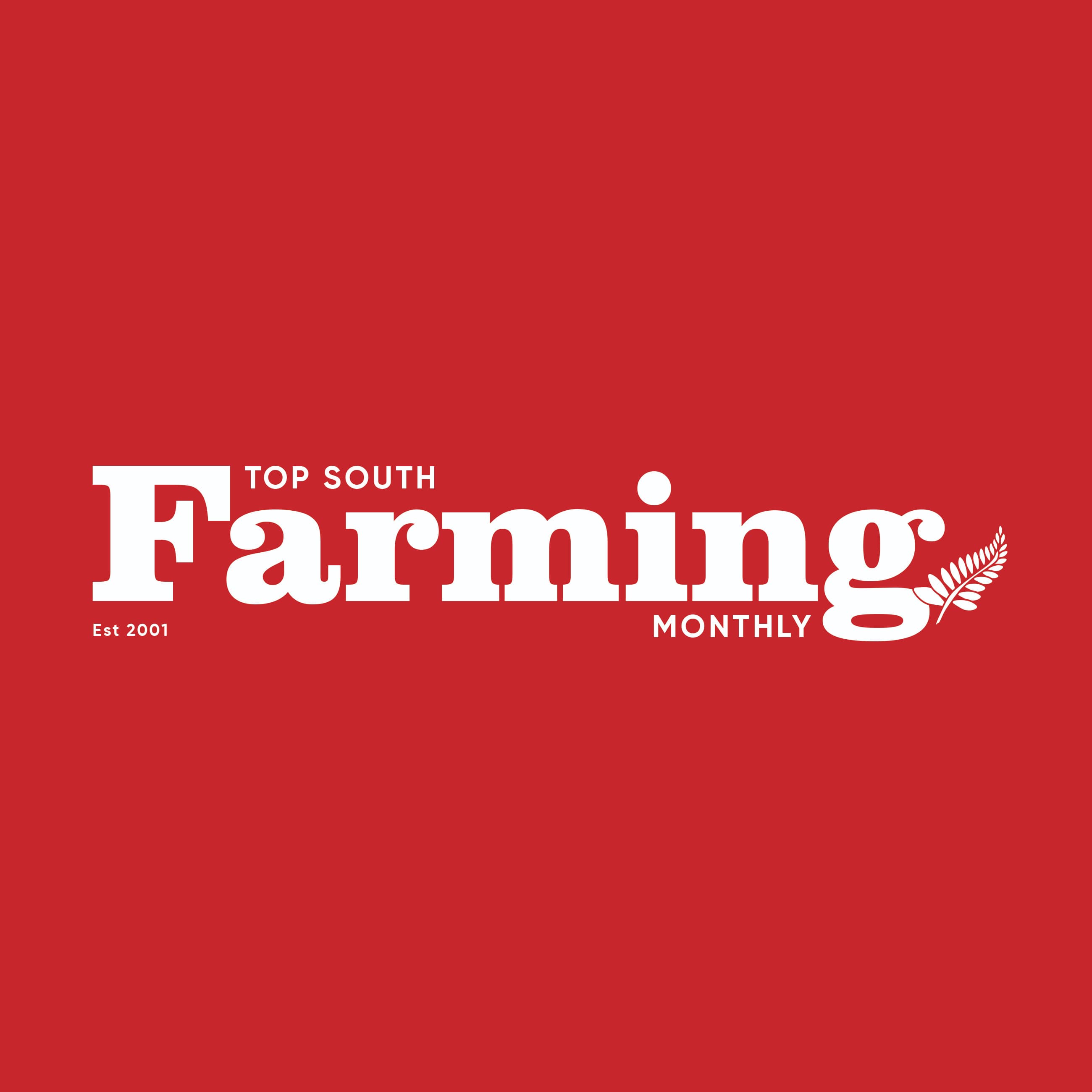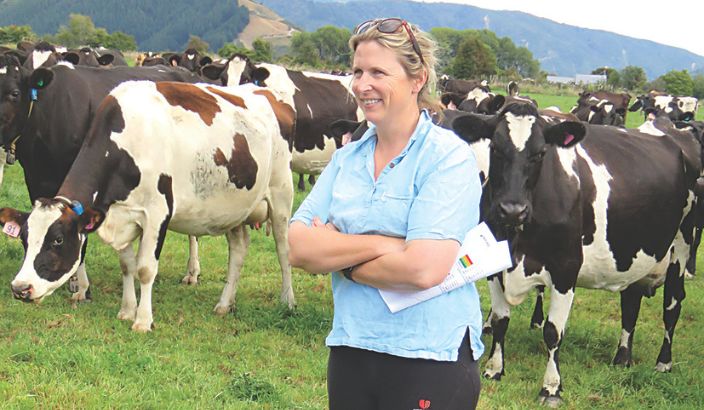Top performing dairy farm in the spotlight


Linkwater dairy farmer Tania Riddington sharing her herd improvement strategies. Photo: Andrew Ritchie.
Andrew Ritchie
Linkwater dairy farmers Tania Riddington and Tim Murdoch shared their herd improvement strategies at a recent field day run by DairyNZ.
Their huge strides in genetic gain have put their herd in the top 3% nationally for Breeding Worth and in the top 1% for Production Worth. The couple purchased the 199ha farm in Linkwater in 2022, taking over the operation themselves in the 23/24 season. They continue to lease a farm in Culverden where they run 480 cows operated by a contract milker.
Due to the impressive improvements in the herd, they are now involved in breeding programs with LIC and CRV. Having attained their goal of farm ownership they continue to improve the farm performance through re-grassing, fencing and irrigation to increase grass growth per hectare.
They are enhancing herd quality with a big emphasis on growing their young stock to ensure they meet their potential in the herd. They use a three-system regime using a small amount of palm kernel and fodder beet supplement drier February conditions. They have found the cows have performed better in the temperature range in Marlborough, although the Culverden property is fully irrigated. Tania maintains cross-bred cows’ cash in on hybrid vigor. “We have found a cross bred will produce more than the average of the parents,” she says.
Total mating length is 10 weeks and it’s all AI. Heat detection is managed using Allflex collars and an automatic drafting gate. The first round uses nominated bulls to breed replacements. The second round the top 50% go to a nominated bull and the rest to a short gestation cross bred. The third round only the elites go to a nominated bull and the rest to short gestation, while the bottom 10% go to a beef bull. Bulls are selected based on cow traits — e.g. bull with a strong udder to cow with a weak udder.
Tania selects the sires herself to fine tune the results and does not use ‘bull of the day’. Genomic testing is carried out on all young stock in their first year. Four herd tests are performed per year. To avoid the owner’s, bias, the vet condition scores in March. They match this to the calving date and plan to dry off based on the time to reach target BCS for mating.
